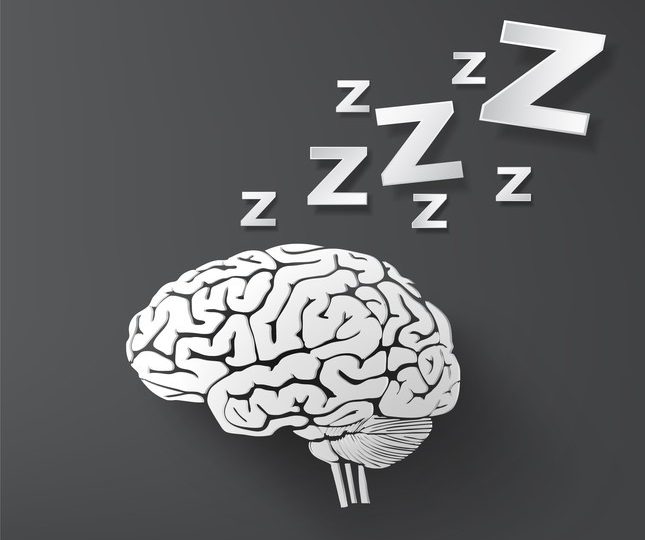Every purchase made online is encrypted with a high level of security you’ve come to expect. Your private information is never shared nor sold, so you can buy with confidence. You can also visit our store if you are in the St. Louis area.

Not getting enough sleep?
This Fox 2 News Interview answers the question.
It might not be just bad for your body but bad for your brain. We’ve got another study now that links sleep to brain abnormalities associated with Alzheimer’s disease. People who do not get enough sleep have an increased buildup of plaque one of the Hallmarks of Alzheimer’s. Fox 2 News host Randi Naughton Interview with Dr. Ojile of the Clayton Sleep Institute
Randi: Our brain is sort of like a faucet and how is that all connected to sleep our sleep expert Dr Ojile is here from the Clayton Sleep Institute is here to about a new study that was inspired by another study at Washington University in St. Louis. We are talking about sleep and what it does It kind of clears the cobwebs of our brain sort of cleans things out is that adequate?
Dr. Ojile: This is interesting and exciting development because it goes to complexity of sleep as an organ system. When we study more and more organs in our body we find out that their purpose is more complicated than we first thought and in this case the brain itself when you first sleep appears to serve as a filtering system just as the filter in your swimming pool might filter the water, it filters out proteins and various toxins out of our brain at night while we’re sleeping so that it reduces the burden on the brain from those toxins. One of those is proteins and proteins has been shown when they build up as we age can contribute to things like Alzheimer’s.
Randy: So let’s put it in perspective for lots of folks on the morning show, you wake up your groggy and your foggy and you don’t remember taking a shower you don’t remember driving half way to work but if you get a good night’s sleep your brain is clear is that an adequate description would you say?
Dr. Ojile: Well it certainly a description of one of the elements of getting up in the morning and having a good night’s sleep. So this filtering aspect is an exciting new way to look at your brain just as we look at our liver and kidneys which do lots of different activities one of which filtering toxins, it just so happens that now the brain appears during sleep periods to filter toxins but when were awake that function appears to turn off to allow the brain to do the things that we do normally during the day.
Randi: That is fascinating. So how could all of this new information perhaps lead to new treatments for sleep disorders and things like Alzheimer’s?
Dr. Ojile: It’s a little early yet these studies are at the basic science level. One of the things is that is goes to focus on the fact that good sleep health, taking care of sleep as an important daily function can contribute to long term good health. So it bolsters hour conversation that incorporating sleep as part of our daily health routine is critical for a number of reasons. One is day to day function, operating during the day. The other is for long term health, so this filtering aspect of toxins and improvement of memory are important.
Randi: So much evidence that sleep is key. John asked you a great question, “ How many hours of sleep do you get a night’?
Dr. Ojile: Ah I’m very consistent between 7 ½- 8 hours
Randi: He practices what he preaches I like it
